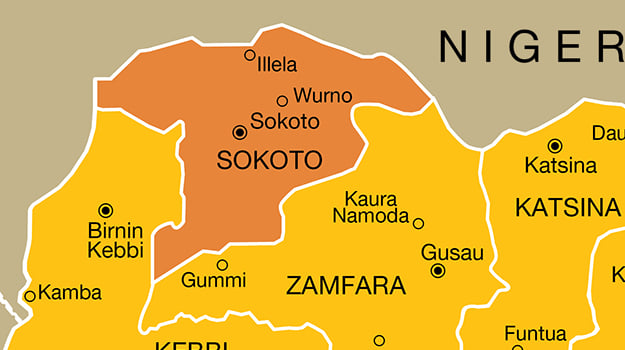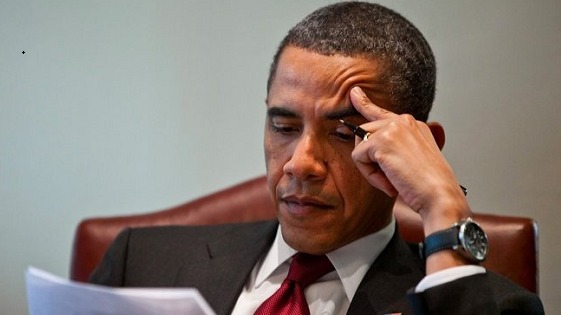Lai Mohammed, minister of information, says there is no cause for alarm over Nigeria’s rising debt.
Speaking on Monday at a press conference to highlight the administration’s major achievements in the year, the minister said the country’s total debt is $84 billion.
He said the public debt stock is a cumulative figure of borrowings by successive governments over many years.
There is currently a nationwide outrage over a $29.6 billion loan request the president sent to the national assembly.
Advertisement
In the letter where he conveyed his request, Buhari asked the lawmakers to approve the loan which he said is “critical to the delivery of the government’s policies and programmes”.
Ex-President Olusegun Obasanjo and Atiku Abubakar, his former deputy, have asked the national assembly to reject the request but Mohammed defended the president, saying the government is borrowing more to address “massive infrastructural decay with roads, bridges, railways, waterways and power”.
“There have been concerns in certain circles about the country’s growing debt, both domestic and external,” he said.
Advertisement
“In the process, there have been some misrepresentations and scare mongering. We therefore believe it is important to put things in the right perspective, so our citizens will be well informed.
“The public debt stock is actually a cumulative figure of borrowings by successive governments over many years. It is therefore not appropriate to attribute the public debt stock to one administration.
“Nigeria’s total public debt stock in 2015 was $63.80 billion, comprising $10.31 billion of external debt and $53.49 billion domestic debt. By June 2019, the total debt stock was $83.883 billion, made up of $27.163 billion of external debt and $56.720 billion domestic debt. It is therefore not correct to say that Nigeria’s external debt alone is $81.274 billion.
“There is yet no cause for alarm. This is because Nigeria has a debt ceiling of 25% in the total public debt stock to Gross Domestic Product (Debt/GDP), which it has operated within. The ratio for Dec. 31 2018 and June 30 2019 were 19.09% and 18.99% respectively.
Advertisement
“The debt service to revenue ratio has however been higher than desirable, hence the push by the government to diversify the economy and increase oil and non-oil revenues significantly. The government is also widening the tax base to capture more tax-paying citizens.”
Add a comment







